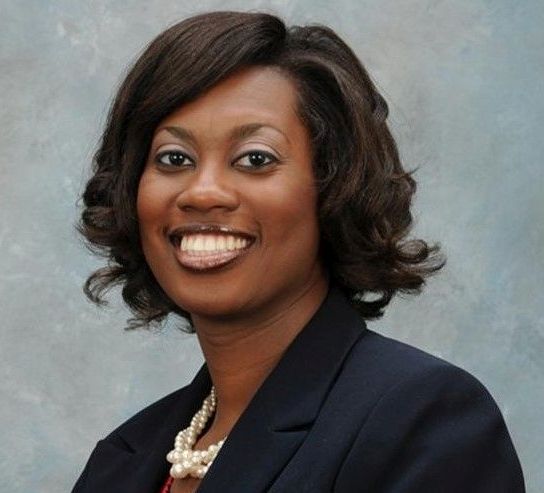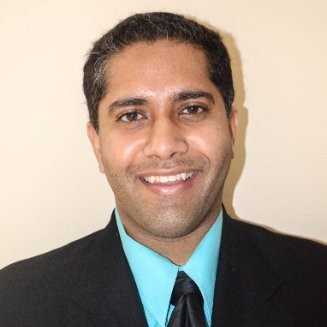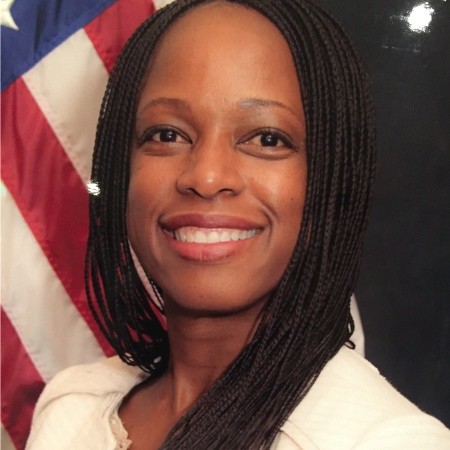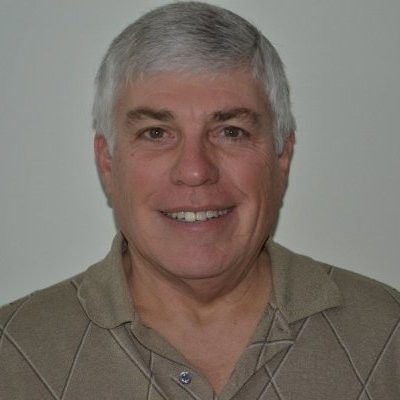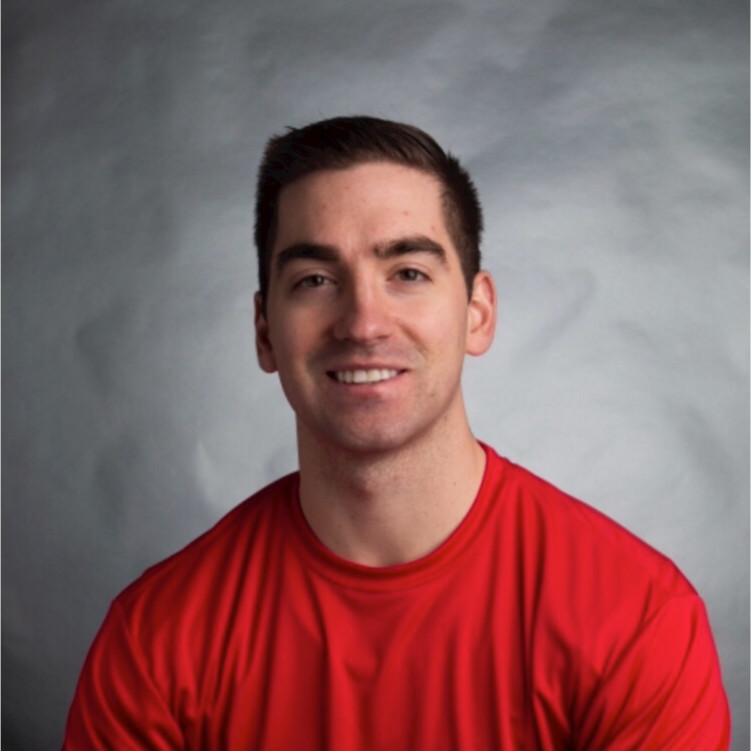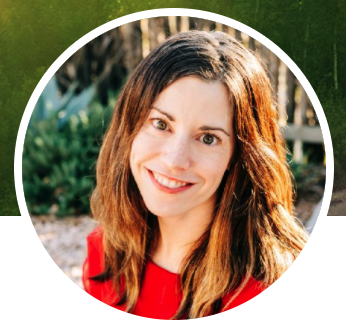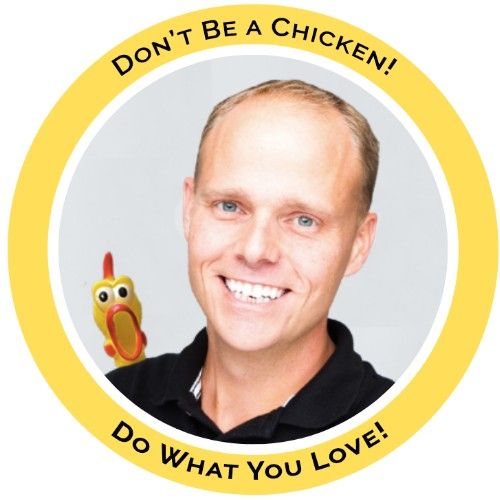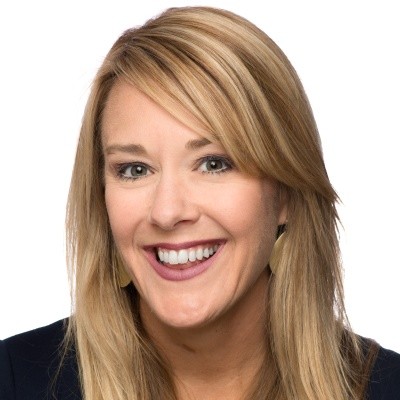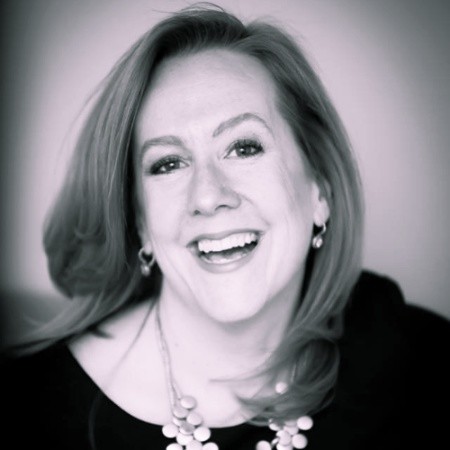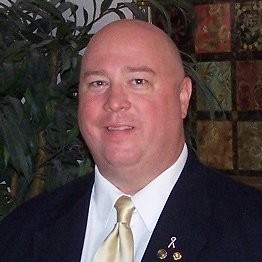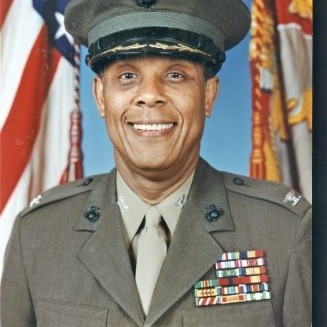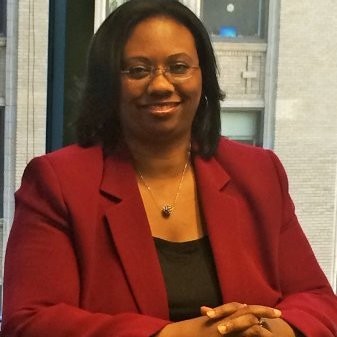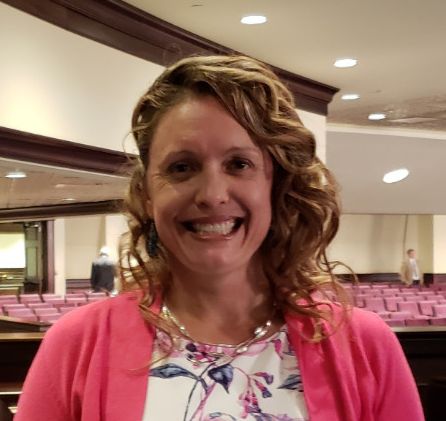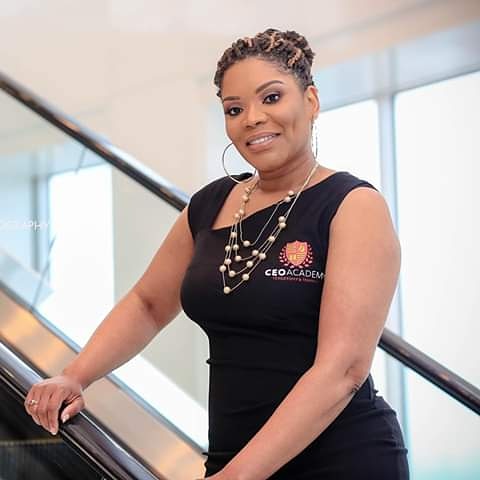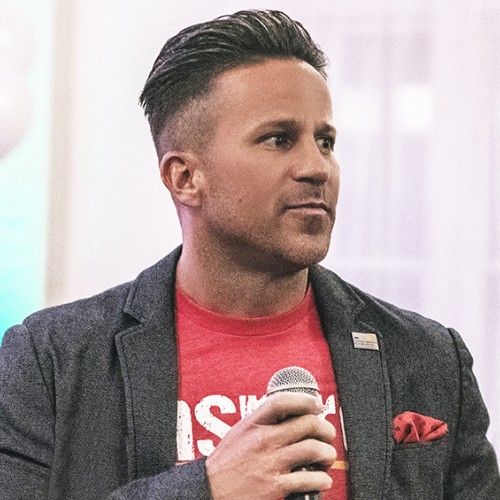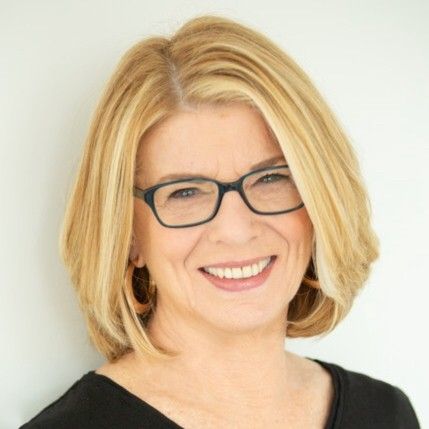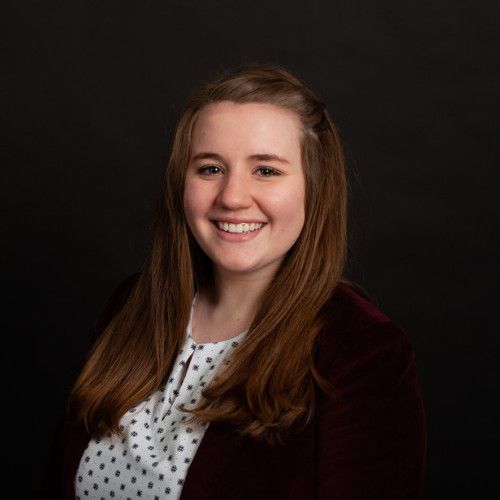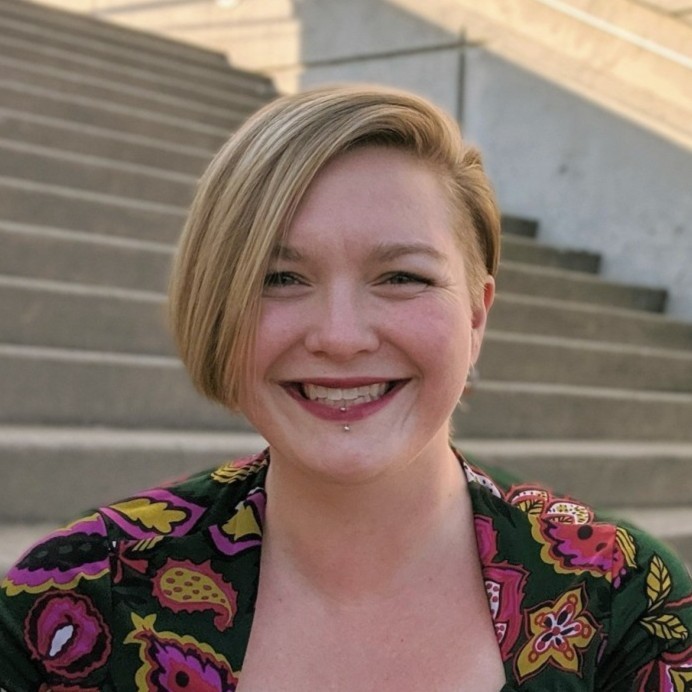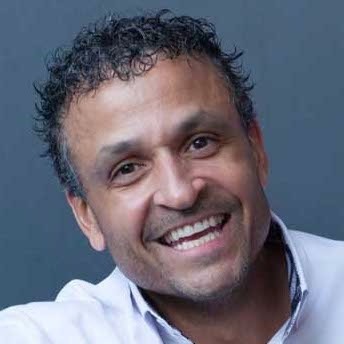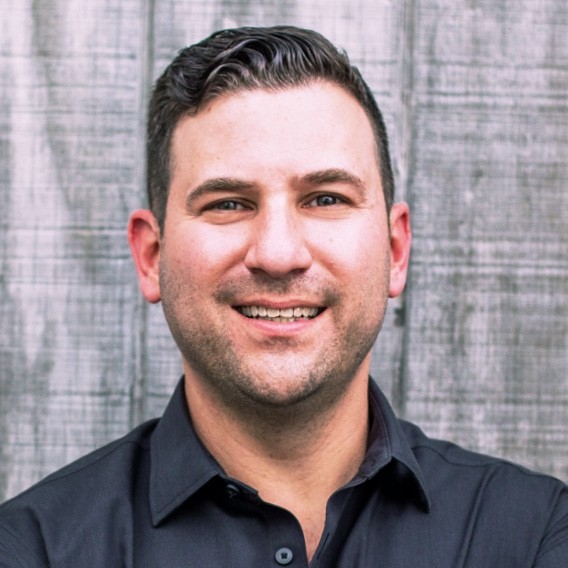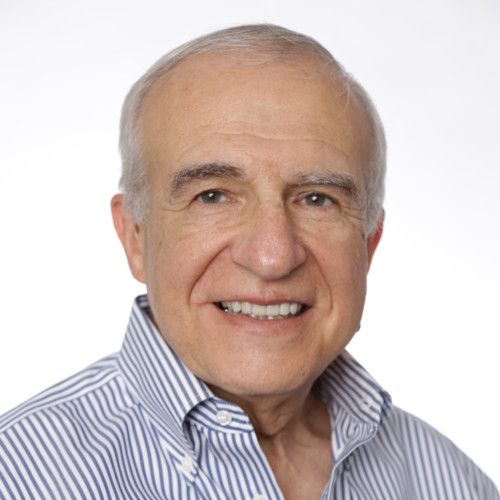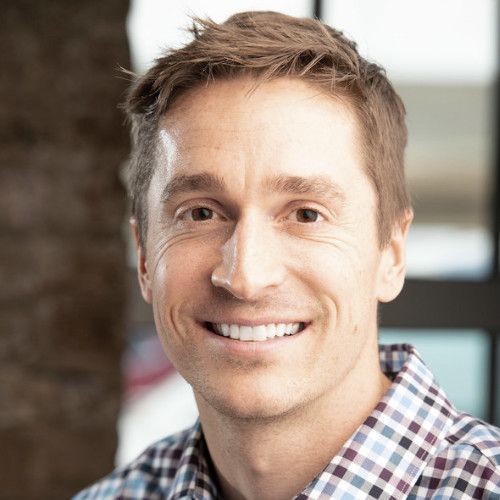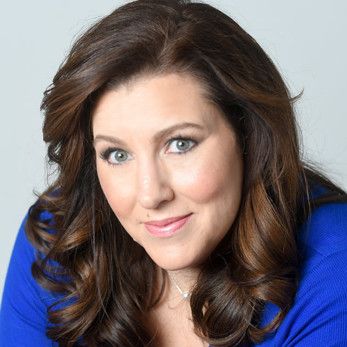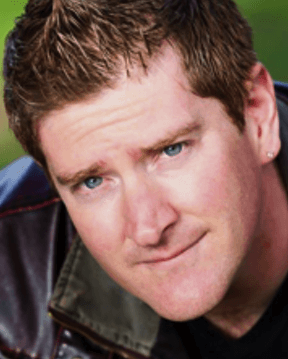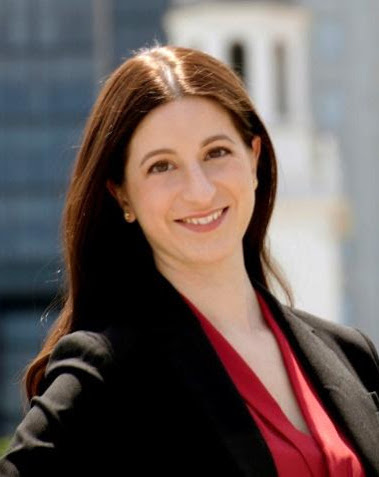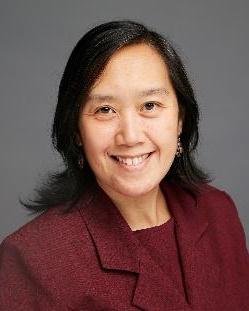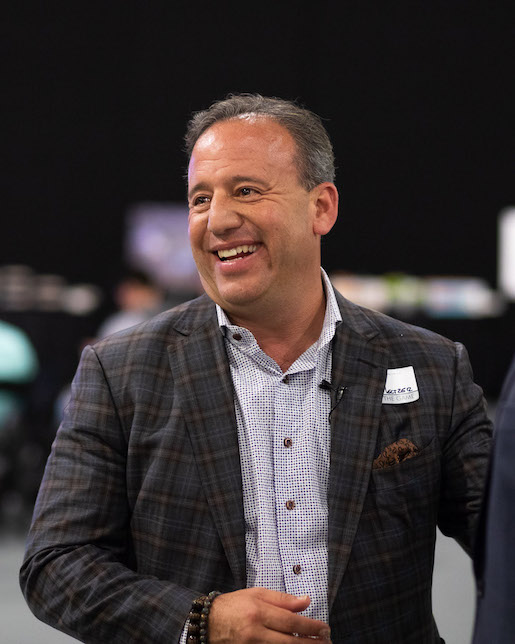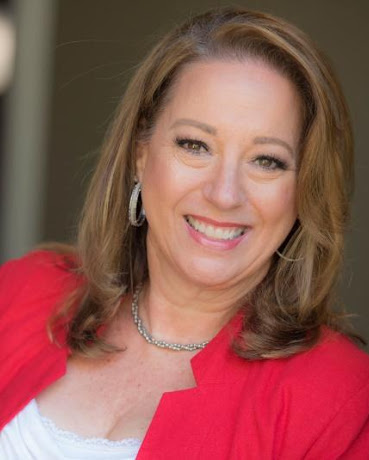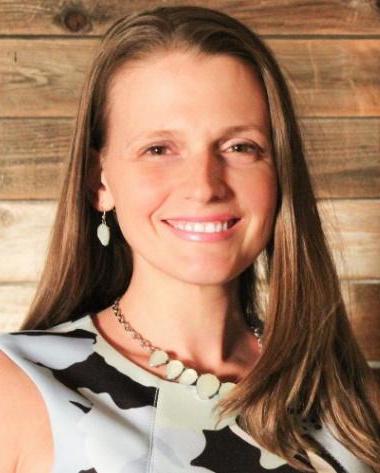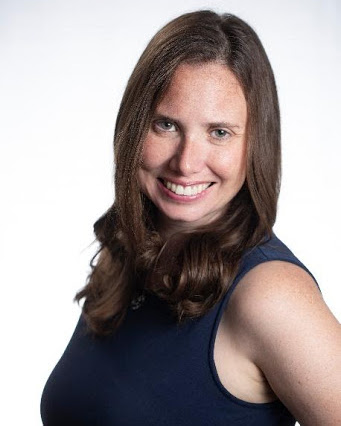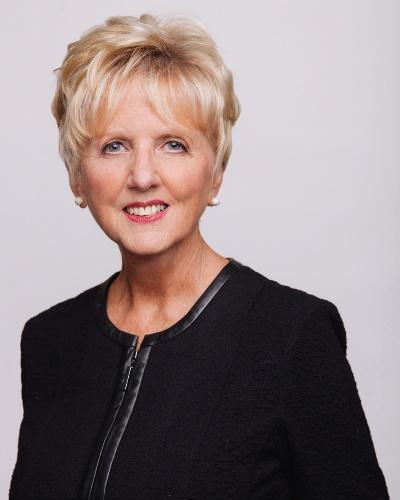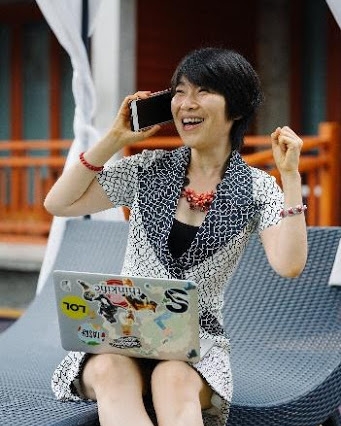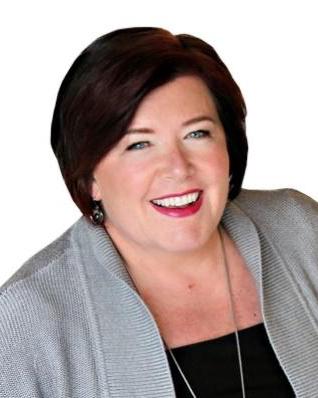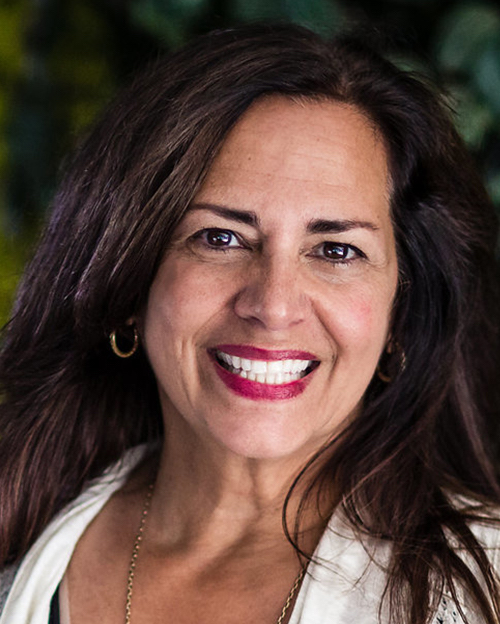A shift is taking place in management. Today, more people are working remotely than ever before. Managers that are (usually) staunchly opposed to letting employees work remotely are being forced to let down their guard and take the chance. But once people are allowed back into the office, will these managers still be open letting their employees work remotely?
As we all adjust to these changes in work, this article will help by sharing some tips that professionals can leverage with their supervisors to continue to work remotely, even after things start going back to normal (a term used loosely).
The biggest hurdle most managers face when it comes to allowing remote work is trust. Managers may be hesitant to admit it, but they convey this information in their word choice and explanations.
For example, I interviewed a professional who commutes 3 hours every day to work. 3 hours every single day! He knows he can be just as productive at home as in the office. But when he brought this up, his manager dismissed the idea, responding, “we allowed one person to work remotely one time and it completely backfired.”
Managers that don’t fully trust their employees often cite one-off events they’ve heard from other colleagues to ‘inform’ their decisions for managing their employees.
These divisive, stubborn decisions are based on a limited sample set with a completely different set of people! Why do they do this? Their answer often boils down to fear of “getting burned again”. The simple fact is that people are inherently resistant to change. Until the pain or pressure overcomes this resistance to change, they will continue to choose the familiar path (i.e. inaction) over uncertain outcomes that require action. Their risk-averse approach can lead their direct reports to think that their manager is prioritizing their own comfort over taking a chance to give their employees flexibility.
This is human nature!
The best managers override this natural tendency. Unfortunately for many people, their manager may not share this open-minded approach to work.
Here are some tips for building trust with your manager so you can eventually stake a claim that you deserve to work remotely.
Be open about your obstacles
Vulnerability is a powerful way to build trust with your manager. If your goal is to work remotely full-time (except when necessary) but your manager opposes it, be open about the obstacles you will face working from home. Let’s be fair: these choices do have potential downsides. An honest assessment is a powerful tool for tempering your manager’s fears. If your pitch pretends there are zero downsides to remote work, you will be leaving the manager forced to come up with their own assessment of downsides because we all know that if it sounds too good to be true, it probably is.
They will begin making assumptions about your capabilities and how working remotely will affect your productivity. And if they started out skeptical, their assumptions are going to draw from this pessimistic outlook and distort reality, thus dashing your hopes of remote work.
By being open about the obstacles you face working remotely, you build trust. You work together with your manager to brainstorm what the obstacles are and how you can overcome those obstacles. You empower your manager to be on your team and empathize with you. You flip the script and the manager becomes a teammate instead of the barrier between you and your goal.
Pro tip: Dr. Robert Cialdini in his book Pre-suasion discusses the best way to deliver obstacles. He mentions that if you are going to deliver an obstacle or a weakness, that you should follow it with the terms “but”, “yet”, or “however” followed by reasons you can overcome that obstacle or weakness. From a psychological perspective, it forces the listener to focus on the last thing you said, not the obstacle itself. For example, “Working at home will definitely have distractions like the television, but I have turned my second bedroom into an office strictly for work and that will help me separate me from the rest of the distractions in my house.”
Share your motivations
Why are you interested in working remotely? If you don’t share this, they may assume that you are up to no good. I learned some insight from a body language expert that I believe is relevant to this situation: you build trust with your hands. If somebody can’t see your hands (e.g. one was behind your back), the biological and instinctual assumption is that the hand is hidden for nefarious purposes.
When you don’t show your hands, or in this case, the motivations behind why you want to work remotely, the natural assumption a manager may have is that you hid them for a reason.
Everyone has reasons for the actions they take, even if they aren’t immediately apparent. Showing that your motivations are reasonable and sensible is critical to your manager being open to supporting your goal of working from home.
A quick note on this, your motivations should be mutually related. If we look at the example earlier in the article about the guy commuting 3 hours every day for work, that reason alone will probably not move the needle for a manager. The reason is that it only provides benefits to you and not to your manager. Instead, if you can say that you could work more effectively and be even more productive, but that the 3-hour commute can drain your energy. This provides a clear, mutual benefit to the manager – greater productivity from their employees.
Create fail-safes
Fail-safes are self-imposed regulatory guidelines for you to follow while working remotely. These provide indicators showing how productivity has changed compared to working at the office. Fail-safes provide your manager a clear metric they can use to decide whether to pull you back in. The manager’s fear is that if she allows you to work from home and your productivity falls then it will be difficult to have that conversation with you. This difficulty could lead to you getting fired or quitting, which your manager definitely does not want to have happen.
Fail-safes allow your manager to look at the data, consider your output and self-imposed guidelines, and make a case for whether remote work is effective without letting their emotions or biases influence the decision. It is just data; either you hit your goals, or you didn’t.
Part of these fail-safes should incorporate the communal component of being physically present at the office. Some managers may not be concerned about your productivity but instead are concerned by the impact it may have on the team dynamic and company culture. One of your fail-safes should address how you will schedule regular, frequent conversations with colleagues, both in and outside of your department. These conversations should be about the obstacles that you and your colleagues are facing without being explicitly work-related. These types of conversations are the foundation of horizontal mentorship, and you would be creating your own network of horizontal mentor relationships within your company.
Ultimately, you may find out that working remotely doesn’t work for you. But for some people, it makes a massive difference on their productivity and their emotional health. If you follow these 3 steps, you should be able to make a strong case for why you should be allowed to work remotely.

